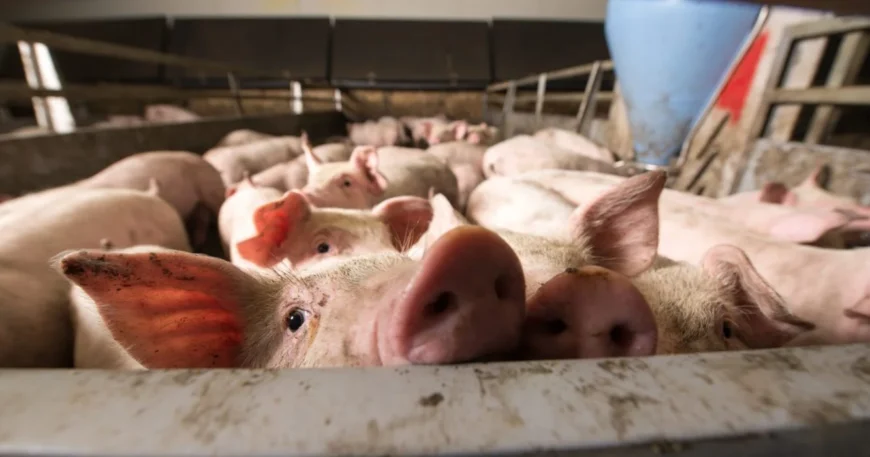The COVID-19 coronavirus has killed thousands of people around the world, and its origin in animals and global spread should remind us how inextricably linked we are with other life on Earth.
We share the same planet and breathe the same air, and we also exchange microbes including germs. Now, with our burgeoning human population and global economy, we face new threats from a wider distribution of diseases like this new strain of coronavirus.
For some background, the World Health Organization (WHO) explains: “Coronaviruses (CoV) are a large family of viruses that cause illness ranging from the common cold to more severe diseases such as Middle East Respiratory Syndrome (MERS-CoV) and Severe Acute Respiratory Syndrome (SARS-CoV)… Coronaviruses are zoonotic, meaning they are transmitted between animals and people.” COVID-19 was thought to have come from a live animal market where animals are often sold as food in Wuhan, China in December 2019, and so far it has been confirmed in nearly 80 countries and declared a “public health emergency of international concern” by the World Health Organization.
No one yet knows how many people will be infected or die from COVID-19, but it has characteristics similar to the bird flu, known as the “Spanish Flu,” which killed millions during World War One.
SARS, MERS, and COVID-19 are contagious diseases that jump from animals to humans, and more needs to be done to curtail these, including banning live animal markets. But, other potentially fatal zoonoses also warrant attention.
The Centers for Disease Control and Prevention (CDC) warns: “…3 out of every 4 new or emerging infectious diseases in people come from animals.” These include viruses, bacteria, fungi and parasites, and they infect millions of U.S. citizens every year.
In the U.S., almost ten billion animals are exploited and slaughtered every year. Most live short miserable lives in overcrowded factory farms, which are a breeding ground for disease, including emerging pathogens and virulent strains of antibiotic-resistant bacteria.
In addition to foodborne illness and environmental pollution, animal agriculture can also incite global pandemics like H1N1, which was initially called “swine flu” because it was linked to a similar disease in pigs, but its connection to animal agriculture has since been largely obscured.




